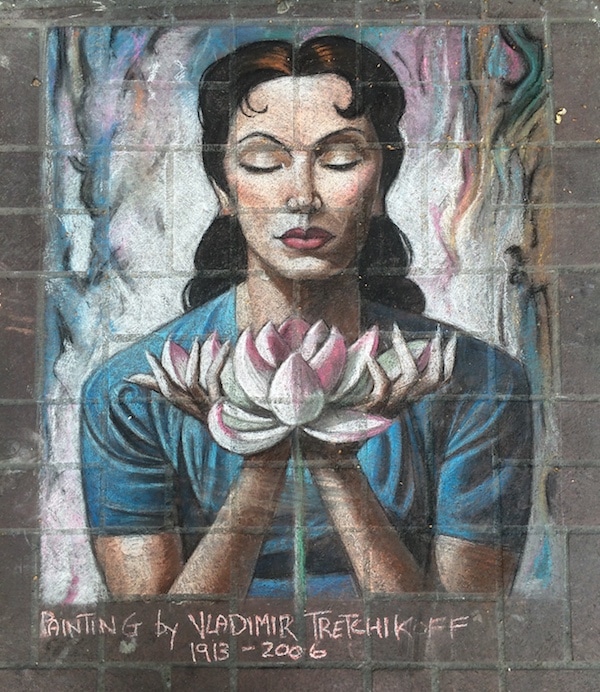
Within the precepts we see the sentence “hito ni shinsetsu ni” 人 に 親切 に, which stands for “be kind to yourself and others”.
There has been some debate about how to pronounce hito in Japanese while we recite or chant the precepts.
Some people add an “s” at the beginning and pronounce it “shito” while others just say “hito”.
I decided to investigate this a little for myself and our students, so I connected with some acquaintances who specialise in kanji and Japanese language. This is what three of them said:
“人 (Hito) itself is usually pronounced ‘hito’, which is correct. But, older people say “Shito” as a dialect.” – Michiko Imai – International Japanese Calligraphist
“Generally, the use of ‘shi’ for ‘hi’ originated, it appears, in the old ‘downtown’ neighborhoods of Edo (old Tokyo) and it is still a common shift in Tokyo. Hito would suffice, in other words, rather than shito or other affricate variants of the phoneme.” – Judith N Rabinovitch – Karashima Tsukasa Professor Emerita of Japanese Language and Culture
“Hito” is the proper way. The Tokyo dialect pronounces it “shito.” – HN Japanese kototama practitioner and researcher
It seems, therefore, that both hito and shito are correct, but shito is more a dialect. One is not better than the other, and we all can choose which sounds or feels right to us. I personally chant it like hito.
The Japanese kototama researcher also pointed out that hito (hi-to) comes from the ancient days in which “hi” means sun and “to” means ten and completion. The researcher continued on to say that therefore hito means, “a person of the sun who has attained completion”.
This makes perfect sense to me as we can only really show kindness in its fullest to ourselves and others when we have attained completion – completion of having realized that we are the great bright light, that we are Reiki, our True Self. In fact, the precepts point this out already; when we have let go of our anger and worry we can be grateful. And by being grateful for and to whatever comes our way, we can be true to our way and our being. And being true to our way and our being emanates as pure kindness and compassion to ourselves and others. So, however you want to say it, let’s all “hito ni shinsetsu ni”.
Based in Holland, Frans Stiene teaches in North America, Europe, UK, Australia and Asia.
Frans is also the author of Reiki Insights, it is the continuation of his previous book The Inner Heart of Reiki, taking your personal practice and understanding of the system of Reiki yet another step deeper.

